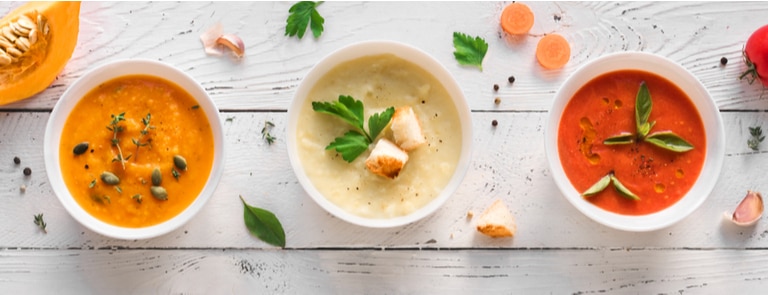10% off £35
Code:SAVE
Do fat burners work? & other fat burner FAQs

Do fat burners work? What are fat burners? How do fat burners work? Get the answers to these questions and more in this fat-burner Q&A with our nutritionist, Emily Rollason.
Are you contemplating taking fat burners and have got lots of questions about them? Or maybe you’re generally feeling curious and want to get to the bottom of what they’re all about? The thing is, there’s so much info out there about fat burners (18,100,000 pages of search results when we were writing this article…) Knowing which information to pay attention to and spotting fact from myth can be a bit of a minefield.
Save you having to trawl through all that info, and to make sure you read the right details about fat burners, we’ve spoken to one of our nutritionists, Emily Rollason, to get her take on fat burners. And, to make things even easier, we’ve packaged up her insight into an easy-to-read Q&A. Learn and enjoy:
Do fat burners work?
Emily says: There are lots of studies on using certain ingredients to increase Resting Metabolic Rate (the rate at which you burn calories while resting). Caffeine’s ability to increase RMR and energy expenditure has been widely researched. However, the increase is small and just taking a caffeine-based supplement is unlikely to show big losses. There’s also some evidence that green tea may promote fat loss, but studies are more inconclusive on this. Finally, many other ‘fat burning’ supplements may have been shown to have promising effects in animal studies, but it’s not yet clear whether the same benefits exist within human studies. More research is needed in this area.
What are fat burners?
Emily says: They’re food supplements that contain properties that are thought to help with promoting fat loss. There are lots of different ingredients that can be used in ‘fat burners’, such as caffeine, guarana and capsaicin (which happens to also be found in chillies), that can potentially help with weight loss too.
How do fat burners work?
Emily says: Some fat burners are thought to increase thermogenesis, which is also known as thermogenics. Most people will have heard of the term ‘metabolism’, the process in which the body converts food into energy. Thermogenesis works a bit differently, as the body burns calories to produce heat, which is thought to then promote weight loss.
Do fat burners have side effects?
Emily says: Some people may be particularly sensitive to caffeine, which is usually found within fat burners, or have conditions that may be aggravated by caffeine, such as anxiety, for instance. In these circumstances, it’s not advisable for fat burners to be used. Due to the caffeine content, it’s best to avoid using fat burners in the afternoon/evening, as they can potentially impact sleep. Caffeine aside, other people may find that, as with anything taken orally, fat burners may cause digestive upset.
Are fat burners safe?
Emily says: Some people can be particularly sensitive to some of the ingredients found within fat burner products (e.g. caffeine), and shouldn’t take them. If you have any health conditions or are taking any medication, you should speak to a healthcare professional first before taking a fat burner.
What is the best fat burner?
Emily says: If you do intend to go ahead and start using fat burners, then it’s important you buy them from a reputable retailer to make sure you’re getting regulated supplements. This is particularly important, as some supplements may vary in potency or range of ingredients. Speaking to a professional before you start using fat burners will also make sure you select the best fat burner for you.
How can you be sure if you need a fat burner or not?
Emily says: A balanced diet - that contains five to seven portions of fresh fruit and vegetables, wholegrains, and good amounts of healthy fats, along with frequent exercise - is the ideal. Taking in fewer calories than you are burning off is the main key to weight loss. However, if you’re doing this, have no underlying health conditions, and your weight loss is slower than expected, than taking a fat burner may be an option. I always like to think of a fat burner as something that aids with promoting energy for a more intense workout, something that gives you a slight improvement in performance. The potential increase in metabolic rate is an added bonus.
What’s the alternative to taking a fat burner?
Emily says: Other supplements that may promote fat loss include things like glucomannan. The high fibre content can suppress your appetite and expand when you drink water, which can make you feel full.
Related Articles
Shop by wellness goal
Sign up for exclusive offers
Plus, get expert advice to support your health & wellness straight to your inbox when you sign up to Holland & Barrett emails.
Read our
privacy policy














